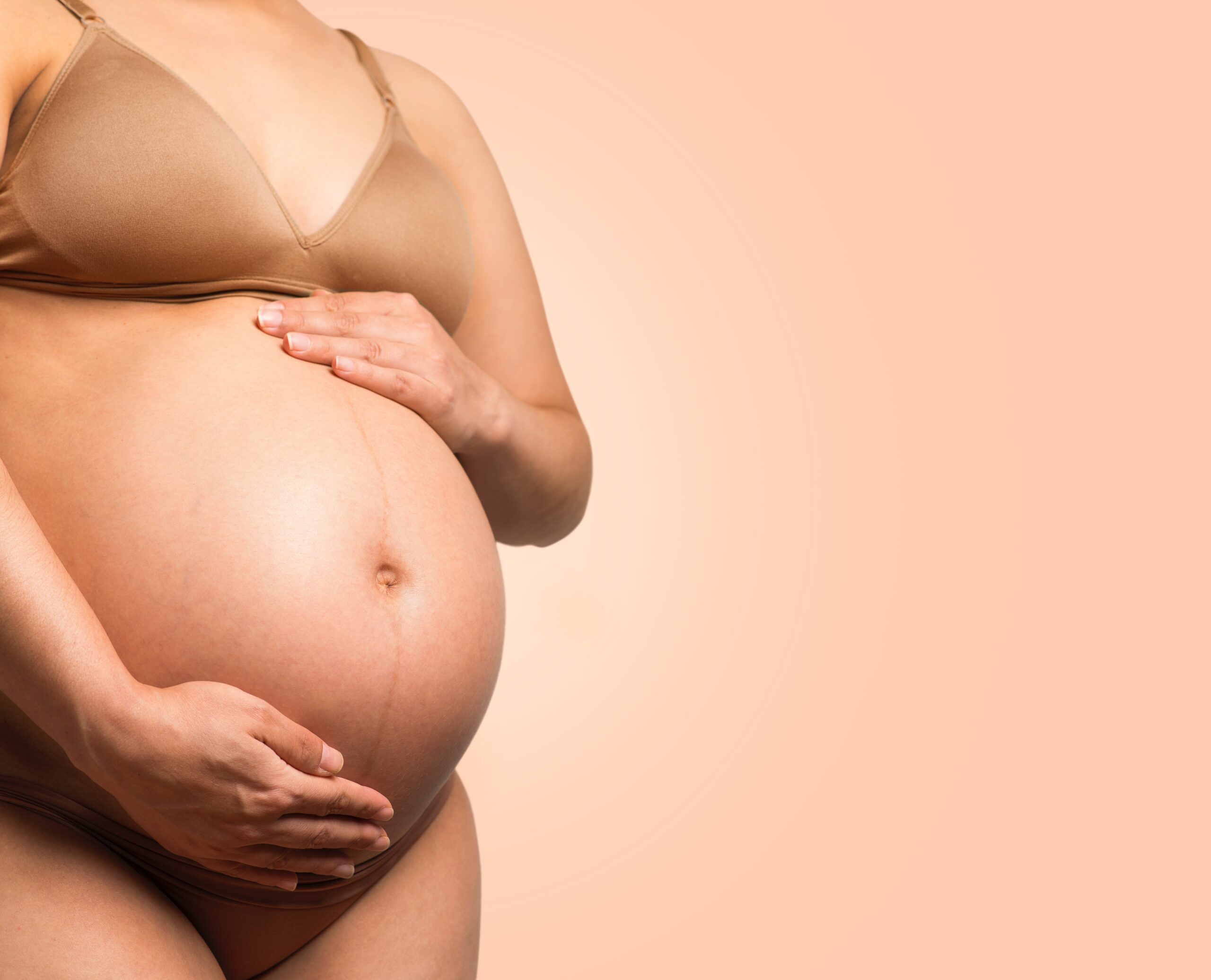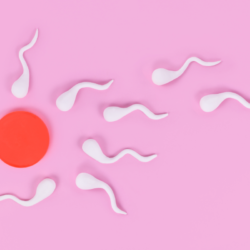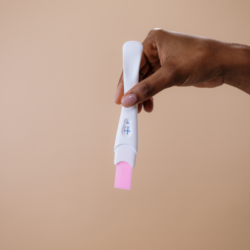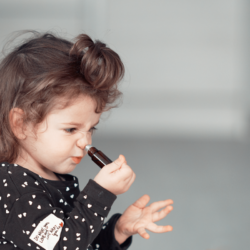Postpartum refers to the period from childbirth to the reappearance of menstruation (or return of childbirth). It lasts on average 45 days in a woman who is not breastfeeding her baby, and can last up to 10 to 12 weeks if the mother is breast-feeding her baby. The postpartum period is characterized by very significant changes, anatomically, physiologically and psychologically. Changes in the psyche are often observed (very variable from one woman to another) such as insomnia, hypersensitivity or even irritability, and more rarely depression.
What are the symptoms of postpartum depression ?
Although all women are at risk, women with the following factors are more at risk. :
- Baby blues (rapid mood swings, irritability, anxiety, decreased concentration, insomnia, crying attacks)
- Previous episode of postpartum depression
- History of diagnosis of depression
- Family history of depression
- Important life stressors (marital conflicts, stressful events during the previous year, partner unemployment, no partner, partner in depression)
- Lack of support from partners or family members (financial support or childcare)
- History of mood changes temporally associated with menstrual cycles or the use of oral contraceptives
- Unfavorable history or current obstetric situation (history of miscarriage, premature delivery, newborn admitted to neonatal intensive care unit, child with congenital malformations)
- Previous or current ambivalence about the pregnancy (if it was not planned or because an interruption was considered)
- Breastfeeding problems
The exact etiology of postpartum depression is unknown; however, previous depression is a major risk, as well as hormonal changes during the puerperium, sleep deprivation as well as a genetic predisposition may contribute.
What is the difference between postpartum depression and the baby blues ?
Transient “baby blues” depression is very common during the first week after childbirth. Baby blues differs from postpartum depression because baby blues, which typically last 2-3 days (up to 2 weeks), are relatively mild; whereas postpartum depression usually lasts more than 2 weeks and is disabling, disrupting activities of daily living.
Why do we have postpartum depression? Is there a scientific explanation ?
Indeed, pregnancy and postpartum are associated with dramatic alterations in steroid and peptide hormones that modify the hypothalamic-pituitary-adrenal and hypothalamic-pituitary-gonadal axes of mothers. Disorders of these endocrine axes are linked to mood disorders and, as such, it should come as no surprise that pregnancy and the postpartum period can have profound effects on maternal mood.
Pregnancy and postpartum are therefore associated with an increased risk of developing depressive symptoms in women. Postpartum depression affects about 10-15% of women after childbirth and therefore impairs mother-child interactions which in turn are important for child development.
Can postpartum depression be prevented ?
Since 2005, as part of the perinatal plan, pregnant women can benefit from a non-medical interview in the fourth month of pregnancy allowing an assessment. Early detection of women at risk allows careful supervision and follow-up of mothers; psychological support, reassurance, prenatal education, preparation for maternal duties, information and involvement of the spouse as well as social support.
Are there natural treatments for postpartum depression?
Essential oil of true lavender flowers :
Inhaling lavender essential oil for 4 weeks can help prevent stress, anxiety and depression in the postpartum period.
Essential oil of dried flower buds of Clove tree :
This essential oil is indicated in postpartum depression after childbirth. It is also affected by conflicting “fears” of childbirth.
Dried stigmas of cultivated saffron :
In a study of breastfeeding women with postpartum depression, saffron was indeed more effective than placebo. In the final assessment, 96% of women treated with saffron were in remission, compared to 43% with placebo.
Medicinal verbena leaves :
Prefer officinal verbena during postpartum depression due to its activity of releasing LH and FSH hormones from the pituitary and its estrogenic and progestational activity.
Sources :
- Julie S. Moldenhauer , MD, Children’s Hospital of Philadelphia – DÉPRESSION DU POST-PARTUM – MSD 2020
- Tabeshpour J, Sobhani F, Sadjadi SA, Hosseinzadeh H, Mohajeri SA, Rajabi O, Taherzadeh Z, Eslami S. A double-blind, randomized, placebo-controlled trial of saffron stigma (Crocus sativus L.) in mothers suffering from mild-to-moderate postpartum depression. Phytomedicine 2017
- Kianpour M, Mansouri A, Mehrabi T, Asghari G. Effect of lavender scent inhalation on prevention of stress, anxiety and depression in the postpartum period. Iran J Nurs Midwifery Res. 2016
Clémentine. M.
Naturopath – Aromatherapist / Herbalist – Phytotherapist
Consultant in clinical phyto-aromatherapy and ethnomedicine







